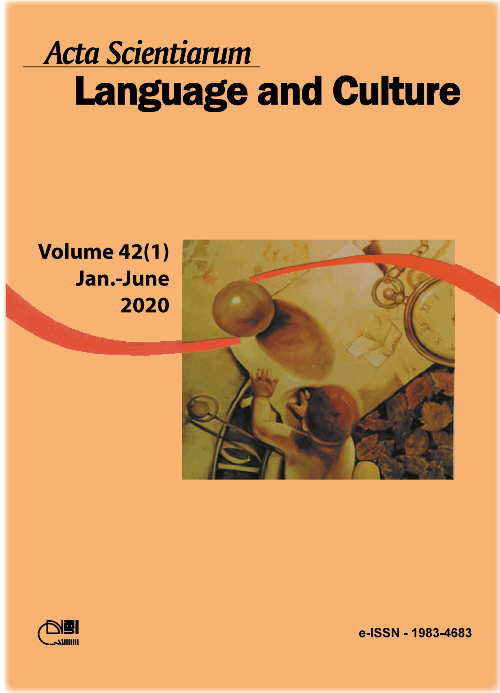About words and others wreckages: the exercise of excess in Ana Margarida de Carvalho’s narrative
Abstract
An astonishing narrative exercise is proposed in Não se pode morar nos olhos de um gato, by Ana Margarida de Carvalho, a novel that dives into late-Nineteenth-Century Brazil within its social contradictions after slavery abolition. The narrative project is presented as a twofold construction, which are both distinct and yet complementary, billowed out around the diegetic space: a clandestine ship that shipwrecks in the Brazilian Coast and a miniscule seashore that is engulfed by the tides as the environment of a few survivors. In this article, I reflect the propensity to excess –a trademark of Portuguese Literature, by the way – constructed by the narrative voices and their gradual process of uncovering an intricate back-and-forth hide and reveal textual challenge, as the sea itself, an omnipresent element of the text, from the initial chapter in the ship and the second chapter that dives into the consequences of the shipwreck and introduces the character Nunzio. Both chapters are an example of a configuration which extrapolates the classic narrative typologies and demands new perspectives on the narratology. Contradicting the less-is-more narrative frugality, Não se pode morar nos olhos de um gato exercises the excess and abundance.
Downloads
DECLARATION OF ORIGINALITY AND COPYRIGHTS
I Declare that current article is original and has not been submitted for publication, in part or in whole, to any other national or international journal.
The copyrights belong exclusively to the authors. Published content is licensed under Creative Commons Attribution 4.0 (CC BY 4.0) guidelines, which allows sharing (copy and distribution of the material in any medium or format) and adaptation (remix, transform, and build upon the material) for any purpose, even commercially, under the terms of attribution.
Read this link for further information on how to use CC BY 4.0 properly.




















6.png)









